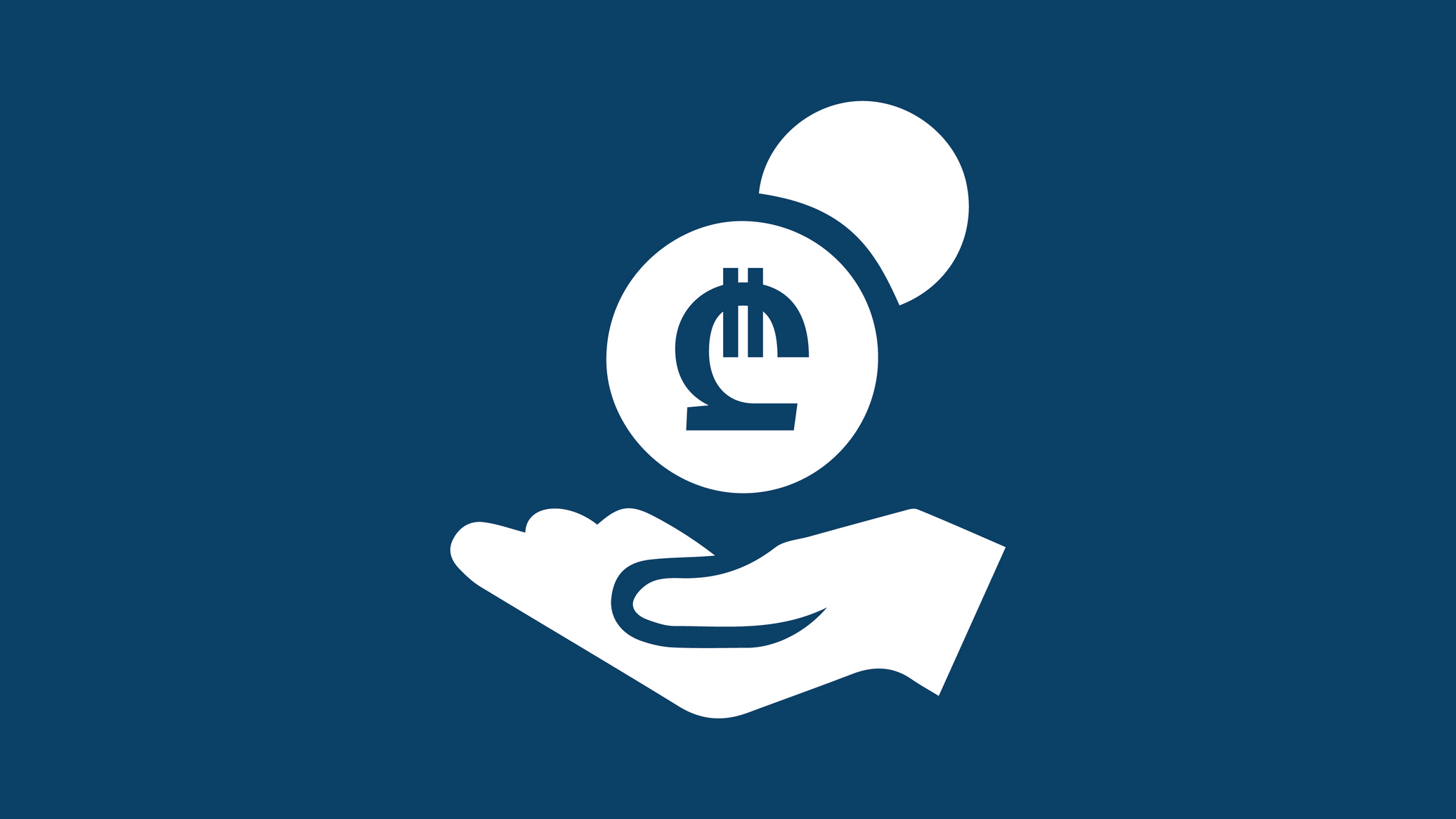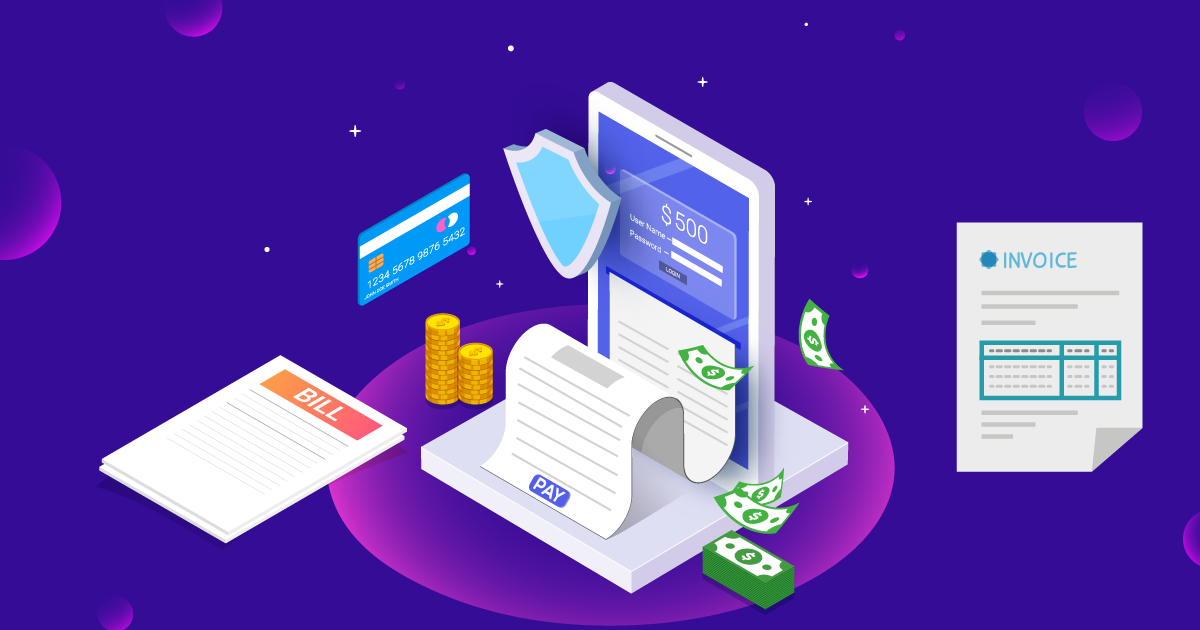Advance payment is a financial arrangement where a buyer pays for goods or services before receiving them. This practice is common across various industries and serves as a means of securing transactions. In this article, we will explore the concept of advance payment in detail, including its significance, benefits, risks, industry applications, legal considerations, and best practices.
What is Advance Payment?
Advance payment refers to a payment made ahead of the delivery of goods or services. It acts as a financial commitment between the payer and the recipient, ensuring that a transaction will take place under agreed-upon conditions. Such payments can be partial or full and are often used in business contracts, real estate transactions, and service agreements.
Importance of Advance Payment
Advance payment plays a crucial role in various industries by helping businesses and consumers secure their transactions. The key reasons for its importance include:
- Risk Mitigation – Sellers receive upfront payment, reducing the risk of non-payment.
- Improved Cash Flow – Businesses can manage their working capital efficiently.
- Trust Establishment – Strengthens the buyer-seller relationship.
- Assurance of Service or Product Delivery – Encourages timely fulfillment of obligations.
Benefits of Advance Payment
- For Businesses:
- Enhances liquidity and reduces dependency on credit.
- Minimizes risk of financial loss due to unpaid invoices.
- Improves inventory management by ensuring funds for procurement.
- For Consumers:
- Ensures priority service and product availability.
- Provides security in long-term contracts (e.g., rental agreements).
- Offers potential discounts or benefits from vendors.
Risks of Advance Payment
- Risk of Non-Delivery – Sellers may fail to deliver the promised goods or services.
- Fraudulent Transactions – Unscrupulous businesses may take advantage of advance payments.
- Financial Burden – Paying upfront can strain cash flow for individuals and businesses.
- Contract Disputes – Misunderstandings or contractual breaches may arise.
Industry Applications of Advance Payment
Advance payments are used in several industries for different purposes:
- Construction Industry – Clients make advance payments for materials and initial labor costs.
- E-Commerce & Retail – Online businesses require payment before shipping products.
- Freelancing & Consulting – Professionals request advance payments for project initiation.
- Real Estate – Renters often pay deposits and advance rent.
- Manufacturing – Suppliers demand advance payments for custom orders.
Legal Considerations
To ensure fairness and security, advance payments should be governed by legal frameworks. Important aspects include:
- Contracts & Agreements – Clearly defined terms to protect both parties.
- Refund Policies – Conditions for refund eligibility.
- Regulatory Compliance – Adherence to financial laws and anti-fraud regulations.
- Escrow Services – Third-party services to manage advance payments securely.
Best Practices for Managing Advance Payments
- Use Written Agreements – Ensure clarity on payment terms and obligations.
- Verify Seller Credibility – Conduct due diligence before making payments.
- Utilize Escrow Services – Reduce risks associated with advance payments.
- Implement Transparent Invoicing – Clearly outline advance payment details.
- Consider Partial Payments – Instead of full advance payment, opt for milestones.
Conclusion
Advance payments serve as a vital financial tool for securing transactions across industries. While they offer benefits such as risk reduction and cash flow improvement, they also carry potential risks. By following best practices and legal considerations, both buyers and sellers can ensure smooth and secure financial transactions.
This guide provides an in-depth look at advance payments, empowering individuals and businesses to make informed financial decisions. Understanding its importance, risks, and best practices can lead to more secure and successful transactions.

